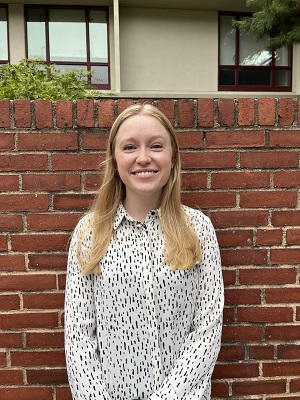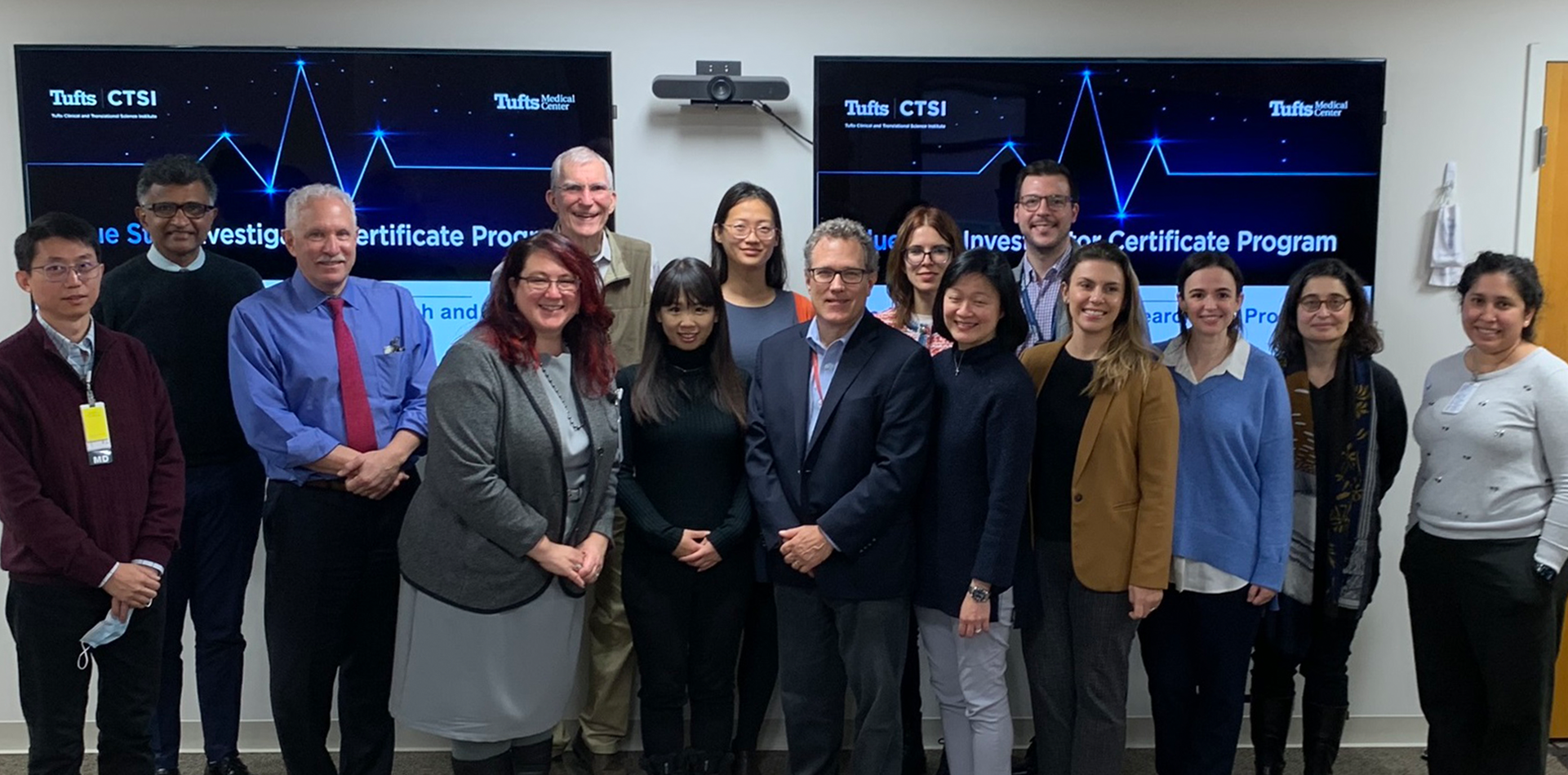Tufts CTSI and Community Organizations Gather Stakeholders for Information, Brainstorming, and Networking
BOSTON (April 3, 2014) – More than 90 community leaders, neighborhood residents, researchers, clinicians, and students gathered in Boston’s Chinatown neighborhood today to talk about working together to improve Asian health. A symposium, Together: Strengthening the Health of Chinatown, was presented by Tufts Clinical and Translational Science Institute (CTSI) and local community organizations. All are members of Addressing Disparities in Asian Populations through Translational Research (ADAPT).
The goal of the event, held at Asian Community Development Corporation, was to discuss issues such as access to health care, wellness promotion and disease prevention, mental health, and environmental concerns in light of current and future research projects that engage members of Boston’s Asian Community. Community-engaged research projects bring together community residents, advocates, health care providers, policy makers, and researchers to work together to address local health issues.
“Recent data indicates challenges such as poverty, lack of health insurance, infrequent medical visits, and culture and language barriers threaten the health of many Asian Americans nationwide,” said Carolyn Rubin, EdD, MA, Associate Director for ADAPT and Tufts CTSI Navigator. “By bringing people together and forming partnerships, we can find culturally sensitive ways to successfully address these issues that build on the strengths and assets of the community.”
The day began with a talk by keynote speaker and health disparities research expert Chau Trinh-Shevrin, DrPH, Director of the New York University Center for the Study of Asian American Health. Dr. Trinh-Shevrin explained, “In order to advance a health equity agenda, we need to have more community-engaged research. Community engagement is really the key.”
After the keynote address, Doug Brugge, PhD, Professor in the Department of Public Health and Community Medicine at Tufts University School of Medicine spoke about health concerns related to traffic pollution in Chinatown. The project, Community Assessment of Freeway Exposure and Health Project (CAFEH), was funded by the National Institute of Environmental Health Sciences (NIEHS) under award number R01ES015462.
“Air pollution is a problem that is somewhat invisible,” Dr. Brugge said. “One of the challenges of this work is making it more visible.”
The latter half of the symposium featured small group discussions to spark ideas for joint, community-academic research projects and networking opportunities with ADAPT organizations such as the Boston Chinatown Neighborhood Center, Inc. (BCNC).
“We are committed to active learning, and believe this community could greatly benefit from more and better data,” said Giles Li, BCNC Executive Director. “In our community, that means more disaggregation, oversampling in underrepresented communities, and culturally and linguistically appropriate methods. BCNC has partnered with a number of researchers to ensure the community has a voice in the way data about our families is collected.”
Symposium organizers and participants look forward to conversations between community members and researchers continuing long after the event.
“This symposium is about schools, community organizations, and researchers working together to help children and families,” said Mei-Hua Fu, MS, MEd, Program Director of ABCD Chinese Church Head Start. “It takes a village to raise a child and help a family, and this is the basis for Head Start’s comprehensive service model. We look forward to sharing our knowledge with those who attended today.”
#####
About Tufts Clinical and Translational Science Institute (CTSI)
Tufts CTSI (www.tuftsctsi.org), a National Institutes of Health (NIH)-supported partnership among all the schools and hospitals of Tufts University, Northeastern University, Brandeis University, RAND, and healthcare industry and community organizations, was established in August 2008. Its purpose is to accelerate the translation of laboratory and medical research into clinical use, widespread medical practice, and into improved healthcare delivery and health policy. It connects people to research resources, consultation, and education, and fosters collaboration with scholars of all disciplines and with community members, with the ultimate goal of improving the health of the public. Tufts CTSI is currently funded by the NIH National Center for Advancing Translational Sciences, award number UL1TR001064.



